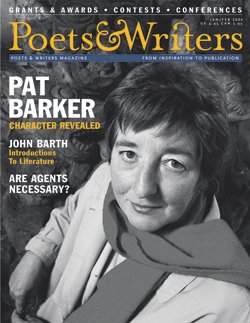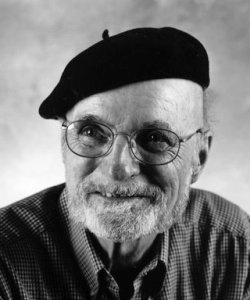
Pat Barker is best known for The Regeneration Trilogy, which is set during World War I and has been called "some of the most powerful antiwar literature in modern English fiction." In the just-published Double Vision, the Booker Prize–winning novelist explores the aftermath of more contemporary wars—Bosnia, Afghanistan—and the resilience of some of war's unlikeliest victims.









